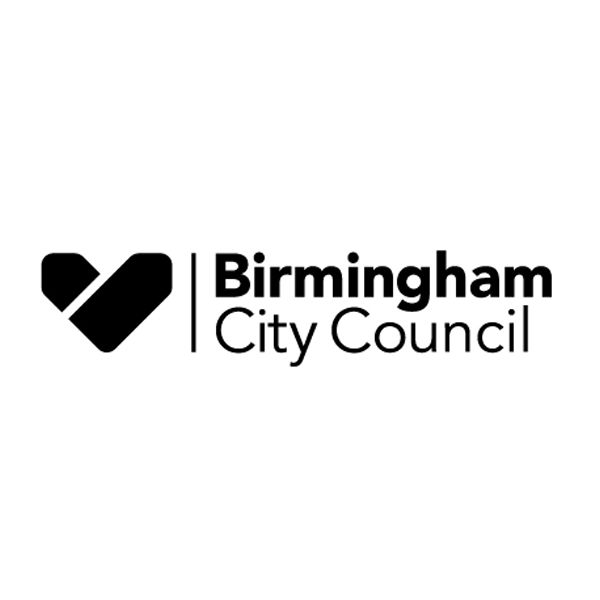With a population of over 1.2 million, Birmingham is the second-largest city in the UK. There are 108 different languages spoken by pupils in Birmingham schools making it a city of super-diversity. Birmingham is also one of the youngest cities in Europe with 46% of our population being under the age of 30. Birmingham is at the heart of the UK’s transport infrastructure network and has strengths in business, professional and financial services and advanced manufacturing, and strong recent jobs growth. Over two-fifths (42%) of Birmingham children live in poverty, with many affected by welfare cuts. Birmingham is the sixth most deprived English local authority district, but poverty is also highly concentrated in parts of the city, leading to wide inequalities in life expectancy.
As one of the most ethnically diverse cities in the UK, Birmingham is a friendly, cosmopolitan city that prides itself on the warm welcome it extends to people from all corners of the globe who want to make their home here, regardless of their situation. Birmingham’s history of migration is one of the most defining features of its social, cultural, and economic fabric. Around a quarter of the city’s residents were born overseas. Many more on top of that will have migration in their recent family history. In 2015 Birmingham joined several other cities in the UK to officially commit to being a City of Sanctuary. The Refugees and Migration team sit in the Prevention, Communities & Migration Team in the Adult Social Care directorate. Our small team runs projects covering asylum support, we have approximately 1600 people seeking asylum at any one time in the city, Refugee Resettlement schemes, and other specific refugee and migrant support focused projects. We commission a website called BARMS which is a directory of services supporting asylum seekers, refugees, and migrants.


